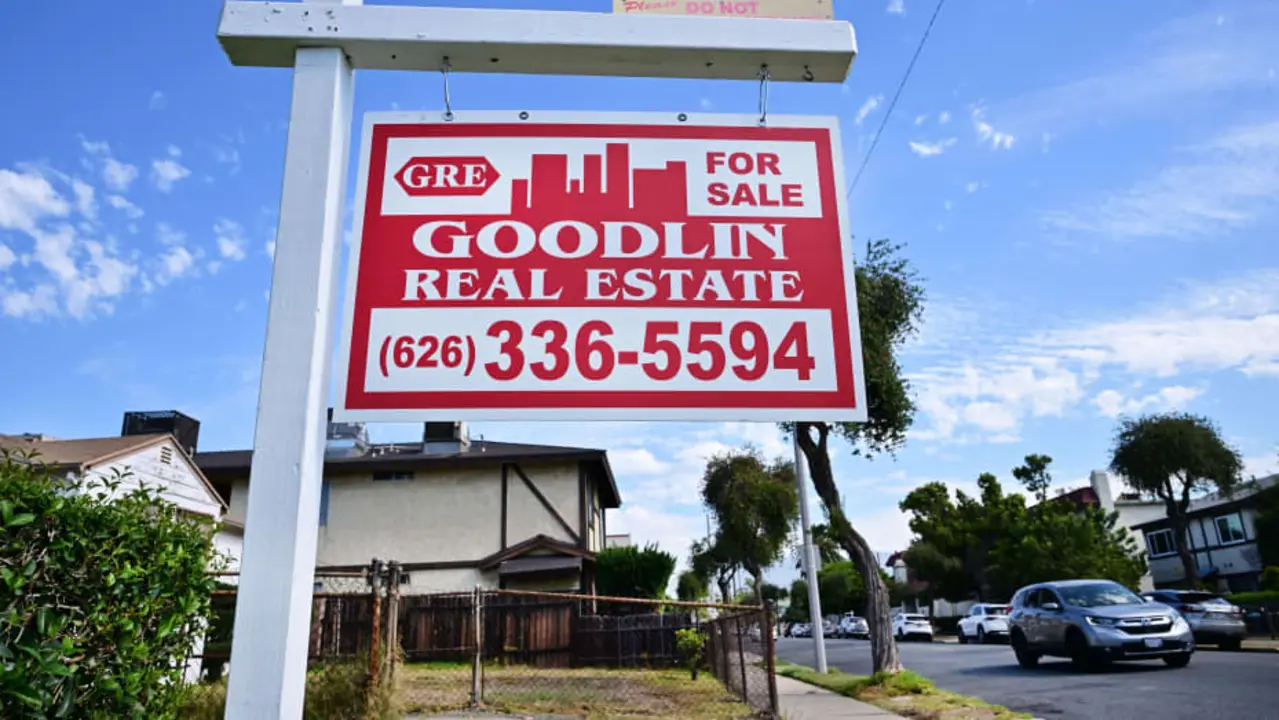insaniyatwelfare.com - Page 4
How many years should I get for a home loan?
A home loan can be a great way to get the house of your dreams. But how many years should you get it for? It really depends on your circumstances, but typically it's best to opt for a loan term between 10 and 30 years. The shorter the loan term, the lower your monthly payments will be, but you'll end up paying more in interest over the life of the loan. On the other hand, a longer loan term will mean smaller payments and less interest paid, but you'll be tied to the loan for a longer period of time. Consider your financial situation, future goals, and desired lifestyle when deciding on the right loan term for you.
Is rent included in debt to income ratio?
Rent is a major factor in determining a person's debt to income ratio. The debt to income ratio is a measure of a person's ability to pay back debts and is calculated by dividing the total amount of debt owed by the total amount of income earned. Rent is generally not included in the debt to income ratio calculation because it is not considered a debt. However, it is important to remember that rent can have a significant impact on a person's ability to pay back debts. Thus, although rent is not included in the debt to income ratio calculation, it should still be taken into account when considering a person's overall financial situation.
How much home loan can I get on 110k salary in California?
Are you considering taking out a home loan in California? If you have a salary of $110,000 and want to know how much you can borrow, you're in luck. Depending on your credit score, debt to income ratio and other factors, you could be eligible for a loan of up to $750,000 or more. With the help of a qualified mortgage lender, you can determine the amount of loan you qualify for and the best loan for your financial situation. Get started today and find out how much home loan you can get on 110k salary in California!
Does paying cash for a house lower the price?
Purchasing a house in cash can be a great way to save money, as it can lead to lower prices. While the amount of savings can vary from one situation to the next, it is possible to get a lower price when paying cash. This is because cash offers a greater sense of security for the seller, and they are often willing to negotiate a lower price for a cash buyer. Additionally, more traditional methods of financing, such as mortgages, can come with additional fees that can increase the overall cost of the home. By paying in cash, these fees are avoided, allowing buyers to get a better price.
Can I sell my house if I own 60% of it?
Selling a house that you partially own can be a tricky affair, especially if you only own 60% of the property. You'll need to figure out how to navigate the legal and financial details, such as who will own the remaining 40%, how much of the proceeds you'll receive, any taxes or closing costs, and what paperwork you'll need to complete. Fortunately, with the help of a real estate agent and/or attorney, you can make sure the sale goes smoothly and you get your share of the profits. With the right approach, you can successfully sell your partially owned house and move on to your next venture.
How much does the average realtor in the SF Bay Area make?
The average realtor in the San Francisco Bay Area makes a good living. According to the Bureau of Labor Statistics, the median annual wage for real estate agents in the area is $82,860. While the median wage is a good indication of what a realtor can expect to make, it's important to note that there is a lot of variation among realtors. Some make much more than the median wage, while others make less. Factors such as experience and location can affect a realtor's income. Those who have been in the business for longer and have developed a solid reputation in their area often make more than those just starting out. Ultimately, the amount a realtor makes depends on the amount of effort they put into their business.
How much will your credit score impact your mortgage rate?
Your credit score is a major factor when it comes to securing a mortgage. A good credit score can help you get a lower interest rate, which can save you thousands of dollars over the life of your loan. On the other hand, a low credit score can result in a much higher interest rate, making it difficult to get approved for a loan at all. It’s important to understand how much your credit score can impact your mortgage rate, so you can make sure to be in the best position when you apply for a loan.
What is the lowest interest rate on property mortgage loan?
A property mortgage loan is a loan that is taken out to purchase a property. The interest rate on a property mortgage loan can vary depending on the borrower's credit score, the size of the loan, and the type of loan. Generally, the lowest interest rate that can be obtained on a property mortgage loan is 0.5% - 1.5%. This rate is often reserved for borrowers with excellent credit scores and a large loan size. It is important to note that this rate is not guaranteed, and borrowers may have to pay additional fees and charges in order to qualify for the lowest interest rate. Additionally, borrowers should shop around to find the best loan terms and conditions for their particular situation.
How many rental real estate agents are in New York?
Rental real estate agents are an important part of the New York real estate market. With a population of over 8 million people, it is no surprise that there are many rental real estate agents in the city. According to recent data, there are over 5,000 rental real estate agents in New York City. This number is constantly changing as new agents enter the market and existing agents leave. The rental real estate agents provide a valuable service to both landlords and tenants, helping to facilitate deals and ensure that all parties involved are satisfied with their agreement. With so many rental real estate agents in the city, it is easy to find one that has the experience and knowledge to help you find the perfect rental property.
What is the fastest way to get a real estate license?
Are you looking for the fastest way to get a real estate license? Look no further! This guide will provide you with all the information you need to know about the fastest way to become a licensed real estate agent. From understanding the requirements to preparing for the exam, this guide will provide you with the knowledge and skills you need to get your license as quickly as possible. With the right preparation and dedication, you can get your real estate license faster than you ever thought possible! So don't wait any longer - start your journey to becoming a licensed real estate agent today.








